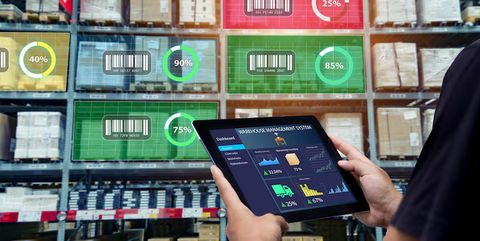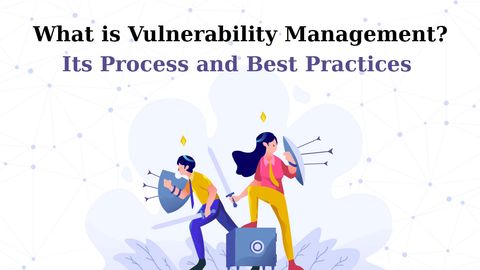Understanding Smartphone Data Access: Insights, Knowledge, and Guides on Protecting Your Privacy
Smartphones have become integral to daily life, serving as tools for communication, entertainment, and productivity. However, this convenience comes with the trade-off of personal data exposure. Every app installed, website visited, or message sent can potentially be a source of data collection. This data can include location, contacts, browsing habits, and even biometric information. Understanding how this data is accessed and used is crucial for maintaining privacy in the digital age.
Importance
The significance of smartphone data access lies in the potential risks associated with unauthorized data collection and misuse. Personal information can be exploited for targeted advertising, identity theft, or even surveillance. For instance, a 2025 survey revealed that only 23% of smartphone users in the United States feel in control of their personal data, with 40% expressing concerns about how companies utilize their information.
These concerns are not limited to individuals in Western countries. In India, the enactment of the Digital Personal Data Protection Act (DPDPA) in 2023 underscores the global emphasis on safeguarding personal data. The DPDPA aims to regulate the processing of digital personal data, ensuring individuals' rights to privacy are upheld.
Recent Updates
Recent advancements in smartphone technology have introduced features aimed at enhancing user privacy. For example, Samsung's upcoming Galaxy S26 Ultra is expected to include a "Privacy Display" that obscures screen visibility at certain angles, protecting sensitive information from prying eyes in public spaces.
Furthermore, the integration of AI in smartphones has led to the development of tools that can detect and block explicit content in real-time. The HMD Fuse, a smartphone designed for children, incorporates an AI tool called HarmBlock+ that identifies and blocks inappropriate content during video calls and live streams.
Laws or Policies
The Digital Personal Data Protection Act (DPDPA) of India, passed in August 2023, is a significant step toward ensuring data privacy. The Act provides individuals with rights to access, correct, and erase their personal data. It also mandates that data processing be done transparently and for legitimate purposes.
Globally, data privacy laws are becoming more stringent. For instance, the European Union's General Data Protection Regulation (GDPR) has set a precedent for data protection, influencing regulations in other regions. In the United States, various states have implemented their own privacy laws, leading to a complex legal landscape for data protection.
Tools and Resources
Protecting smartphone data requires a proactive approach. Several tools and resources can assist in enhancing privacy:
Encrypted Messaging Apps: Applications like Signal and WhatsApp offer end-to-end encryption, ensuring that only the intended recipient can read the messages.
VPN Services: Virtual Private Networks (VPNs) can mask your IP address, making your online activities more anonymous.
Password Managers: Tools such as Bitwarden and LastPass help in generating and storing strong, unique passwords for various accounts.
Privacy-Focused Browsers: Browsers like Brave and Firefox focus on blocking trackers and protecting user data.
Operating System Features: Both Android and iOS have built-in privacy settings that allow users to control app permissions, location access, and data sharing.
For more comprehensive privacy tools and guides, PrivacyTools.io provides a curated list of resources aimed at countering global mass surveillance.
FAQs
Q1: How can I prevent apps from accessing my personal data?
A1: Regularly review and adjust app permissions in your device settings. Disable access to sensitive data like contacts, location, and camera unless necessary.
Q2: Are VPNs effective in protecting my privacy?
A2: Yes, VPNs can encrypt your internet connection, making it more difficult for third parties to monitor your online activities. However, it's essential to choose a reputable VPN provider.
Q3: What is end-to-end encryption, and why is it important?
A3: End-to-end encryption ensures that only the sender and recipient can read the messages exchanged. This prevents unauthorized access, even by the service provider.
Q4: How can I secure my smartphone from theft?
A4: Use strong passwords or biometric authentication methods. Enable features like remote wipe and location tracking to protect your data in case of loss or theft.
Q5: What should I do if I suspect my data has been compromised?
A5: Immediately change your passwords, enable two-factor authentication where possible, and monitor your accounts for any unusual activity.
Conclusion
In an era where smartphones are central to our digital lives, understanding and managing data access is paramount. By staying informed about privacy laws, utilizing available tools, and adopting best practices, individuals can better protect their personal information. As technology continues to evolve, so too should our awareness and strategies for safeguarding our digital privacy.





